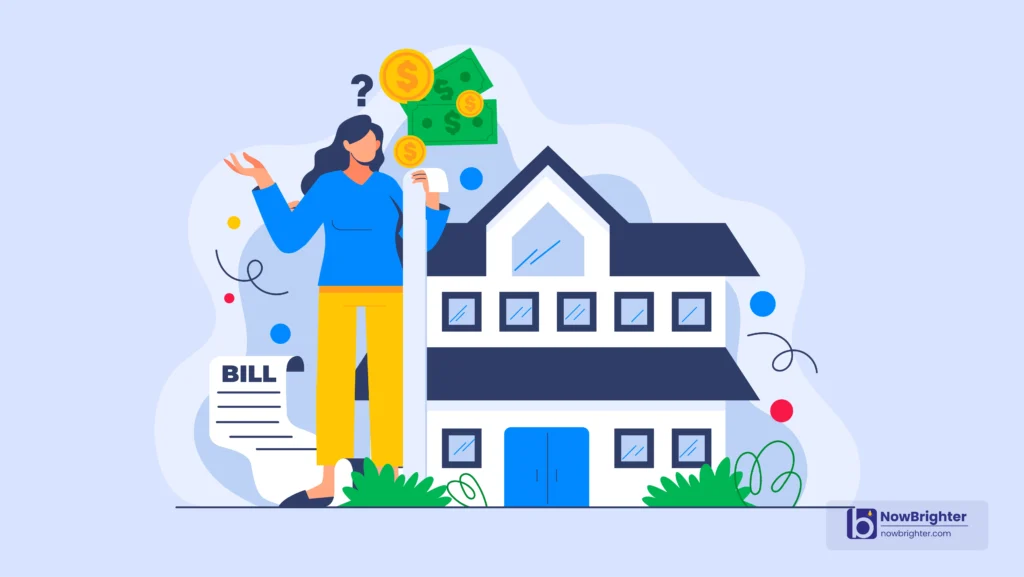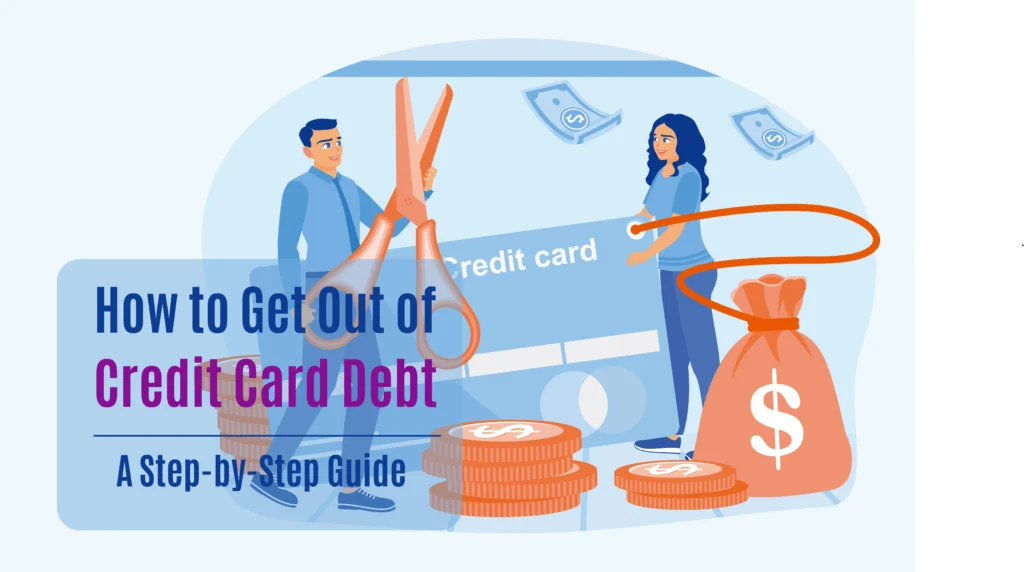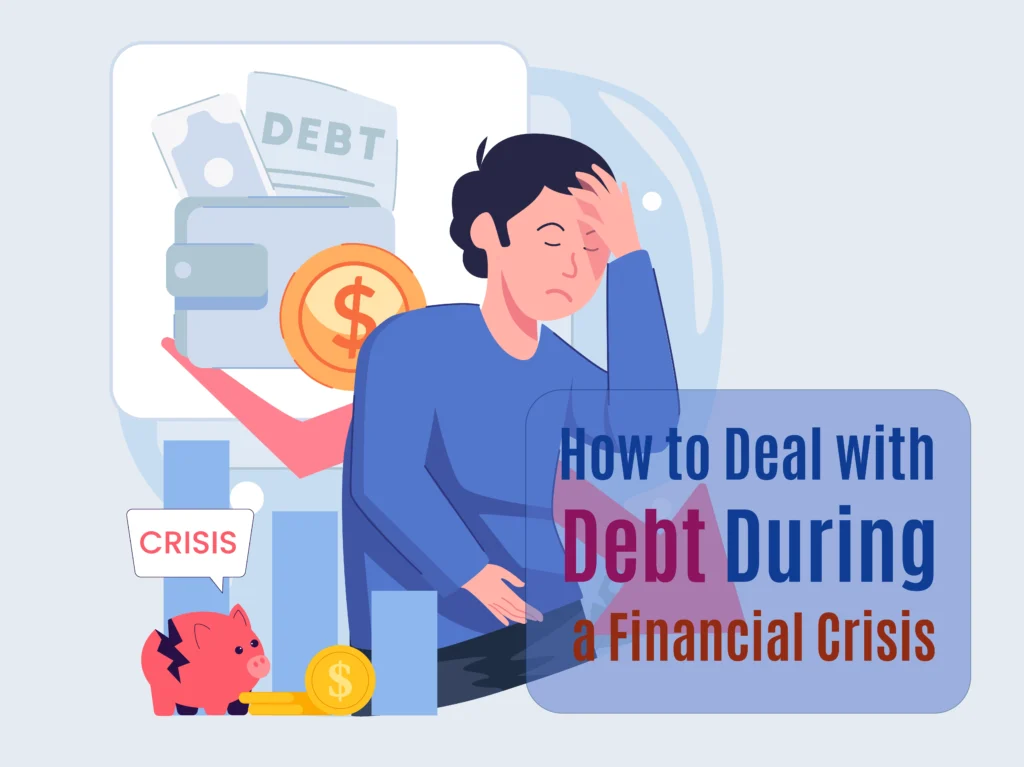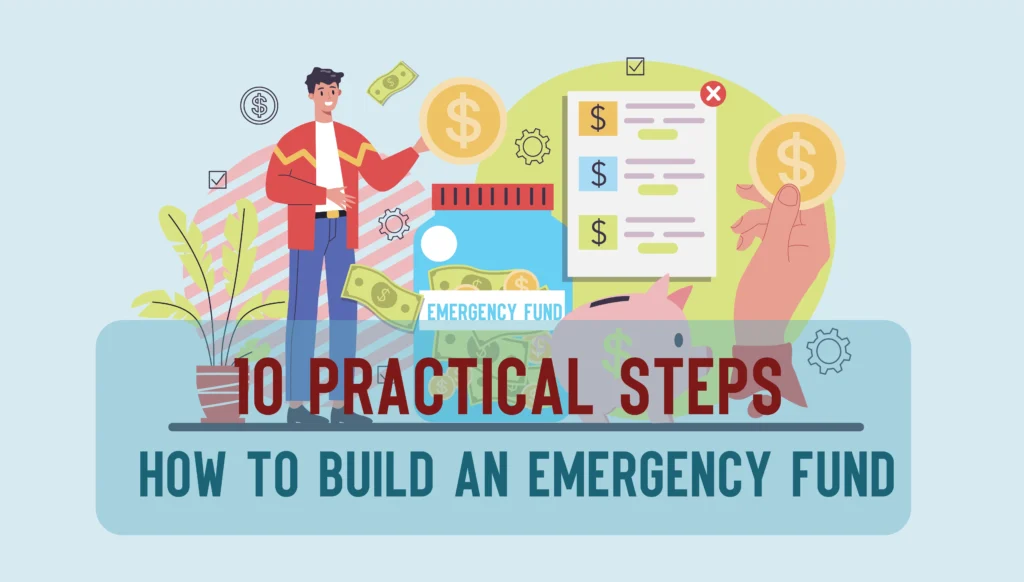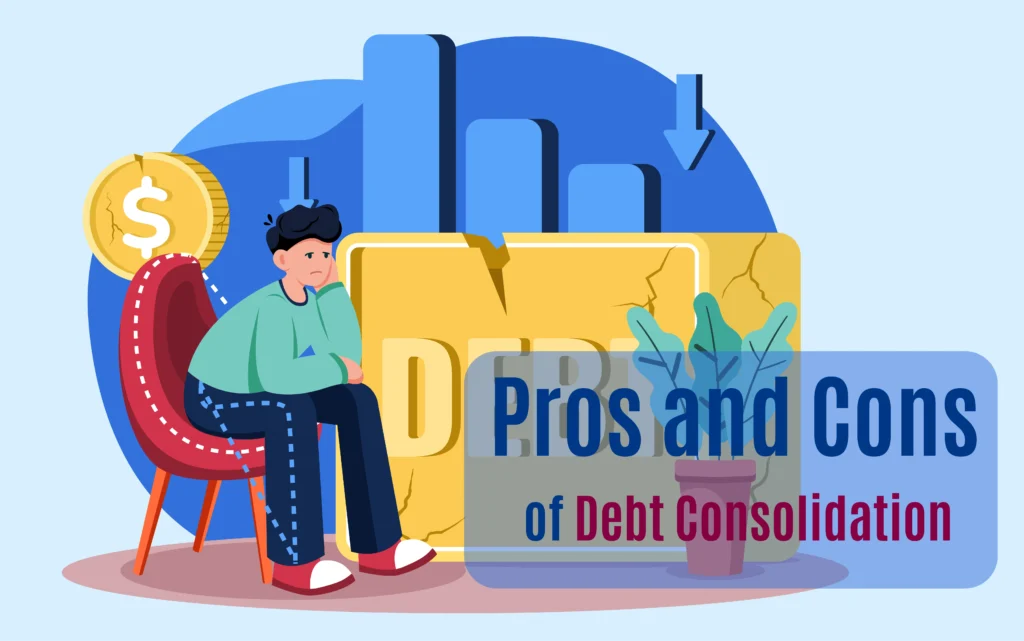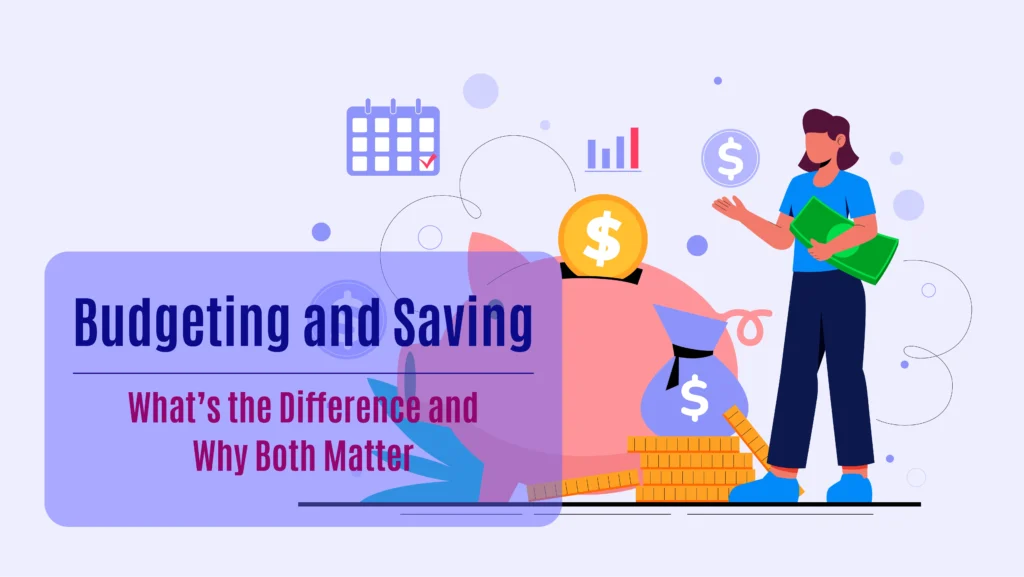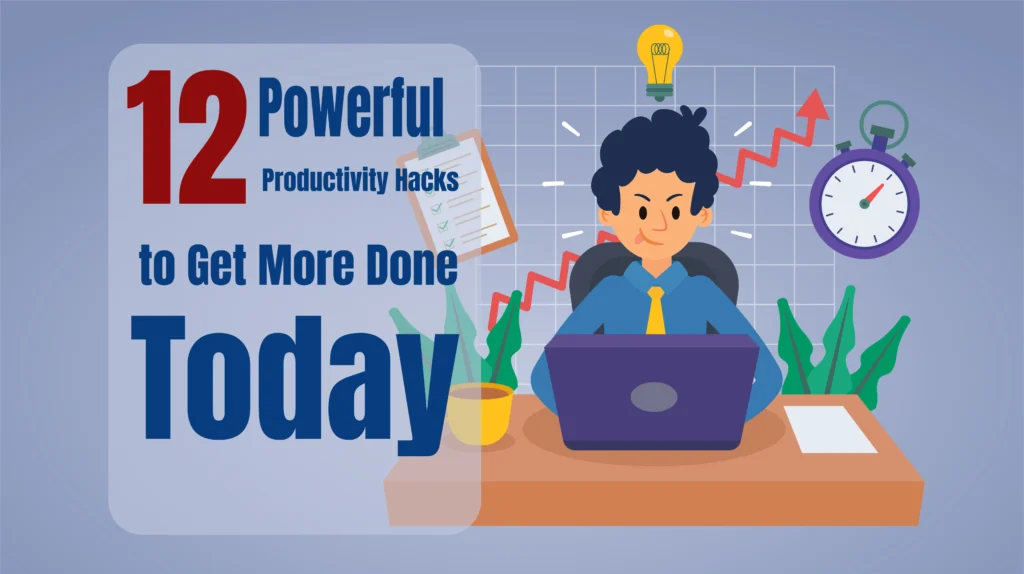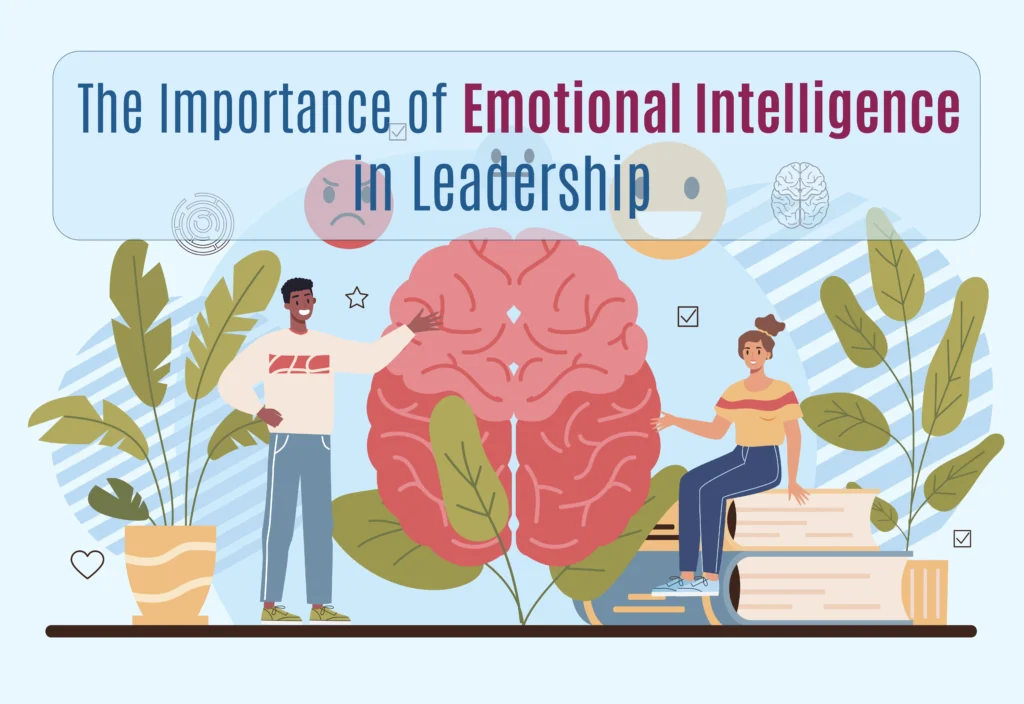The Role of Fear and Anxiety in Procrastination
Procrastination is a common challenge that affects everyone at some point. Whether it’s delaying an important project, putting off making a decision, or avoiding a difficult conversation, procrastination can take many forms. But while we often chalk it up to laziness or poor time management, the roots of procrastination often run much deeper. One of the most significant driving forces behind procrastination is fear and anxiety.
These emotions can paralyze us, making tasks seem far more overwhelming than they actually are. Procrastination becomes a way to avoid the discomfort that comes with confronting these fears. However, understanding how fear and anxiety contribute to procrastination can help break this cycle and get us back on track. In this blog post, we’ll explore the relationship between fear, anxiety, and procrastination, and offer practical strategies to help you overcome these emotional barriers.
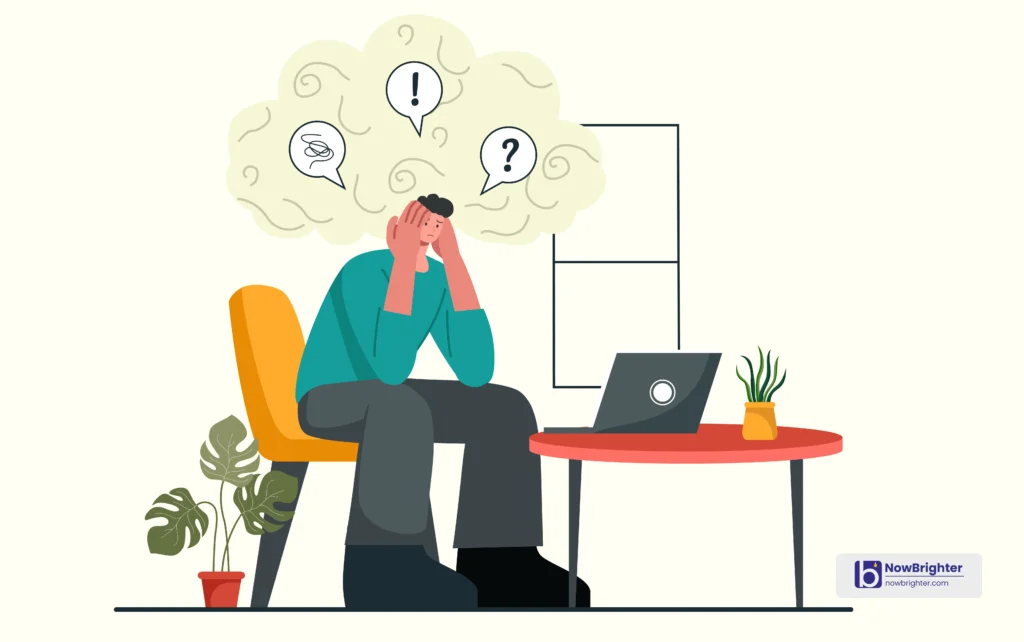
Why Fear and Anxiety Cause Procrastination
While procrastination can feel like a simple act of delay, it is often fueled by deeper psychological factors. Two of the most common emotional drivers behind procrastination are fear and anxiety. These emotions create mental roadblocks that keep us from taking action, even when we know it’s in our best interest to get started.
The Link Between Fear and Procrastination
Fear is one of the most powerful emotions that can lead to procrastination. Whether it’s fear of failure, fear of criticism, or even fear of success, these anxieties can cause us to avoid taking action altogether. When we fear failing, we delay starting a task to protect ourselves from the discomfort or disappointment that might come if we don’t meet our expectations.
This avoidance is often subconscious. Instead of confronting the fear, we distract ourselves with less important tasks, or we convince ourselves that we’ll be more prepared or motivated later. In reality, this is a way of postponing the possibility of failure, and as the task remains undone, the fear intensifies.
Anxiety’s Role in Task Avoidance
Anxiety, like fear, plays a significant role in procrastination. When faced with a challenging or complex task, we may experience anxiety about our ability to complete it. This anxiety can manifest as a fear of doing the task incorrectly or not being able to meet the expectations of others. In some cases, the anxiety is so overwhelming that we avoid the task entirely, choosing instead to engage in less stressful activities.
For example, if you’re tasked with delivering a presentation, the anxiety of speaking in front of others may cause you to put off preparing your slides or practicing your delivery. The longer the task is delayed, the more anxiety builds, and the cycle of avoidance continues.
Fear of Failure, Perfectionism, and Procrastination
One of the most common fears that drive procrastination is fear of failure. Many people procrastinate because they are afraid that their work won’t meet their own or others’ expectations. This is often tied to perfectionism—the belief that if something isn’t perfect, it isn’t worth doing at all.
Perfectionism can paralyze action. When you set impossibly high standards for yourself, the pressure to deliver can become overwhelming, leading you to avoid starting the task altogether. In this way, fear of failure and perfectionism work hand-in-hand to fuel procrastination. The fear of producing subpar work keeps us stuck in a loop of inaction, where we never give ourselves the opportunity to succeed—or even fail and learn from the experience.
How Fear and Anxiety Manifest in Procrastination
Understanding how fear and anxiety fuel procrastination is only part of the equation. It’s also essential to recognize how these emotions manifest in our behavior. In many cases, procrastination isn’t just about avoiding tasks; it’s about avoiding uncomfortable emotions.
Emotional Avoidance and Stress Reduction
For many people, procrastination is a form of emotional avoidance. By putting off a task that we find stressful or intimidating, we temporarily reduce the anxiety or discomfort associated with it. This gives us immediate relief, but it’s a short-lived solution. The task remains, and as time passes, the anxiety about completing it grows.
Over time, this avoidance creates a pattern of behavior that reinforces procrastination. We become accustomed to the temporary relief we feel when we delay tasks, and the longer we procrastinate, the more overwhelming the task feels. This cycle can be particularly hard to break because the avoidance behavior is tied to emotional comfort, even though it leads to greater stress in the long run.
The Procrastination-Stress Cycle
Procrastination and stress often form a vicious cycle. When we delay tasks out of fear or anxiety, we experience a brief sense of relief. However, as deadlines approach and the task remains incomplete, our stress levels rise. The more we procrastinate, the greater the stress, and this stress feeds back into the cycle of avoidance.
For example, if you have a project due in a week and you spend the first five days avoiding it, the pressure to complete the task becomes overwhelming as the deadline nears. This heightened stress can lead to even more procrastination, as the task now feels even more daunting than it did before. The procrastination-stress cycle can quickly spiral out of control, making it difficult to break free and take action.
Procrastination and Fear of Success
While fear of failure is a well-known driver of procrastination, fear of success can also play a role. For some individuals, the idea of succeeding can be just as intimidating as failing. Success often comes with increased expectations and responsibilities, and the fear of being unable to maintain that success can lead to procrastination.
In this case, people may delay completing tasks because they are anxious about the potential changes that success could bring. For example, someone might avoid finishing a project because they fear that doing a good job will lead to more demanding tasks or higher expectations from their boss. This fear of success creates a barrier to taking action, just as fear of failure does.
The Psychological Impact of Fear-Induced Procrastination
Procrastination driven by fear and anxiety doesn’t just affect productivity—it also has significant psychological consequences. Over time, the habit of procrastination can erode self-confidence, increase stress, and even affect mental health.
Emotional Consequences: Guilt, Shame, and Regret
One of the most immediate emotional consequences of procrastination is guilt. When we procrastinate, we often feel guilty for not starting or completing a task on time. This guilt can quickly turn into shame, especially if procrastination becomes a pattern that negatively impacts our work, relationships, or personal goals.
For example, if you procrastinate on an important work assignment and miss a deadline, you may feel ashamed of your performance and worry about how others perceive you. These feelings of guilt and shame can become a powerful force that reinforces procrastination, creating a cycle of avoidance and negative self-talk.
Over time, procrastination can also lead to regret. When tasks remain incomplete or are done poorly due to last-minute rushes, we often wish we had started sooner. This regret can linger long after the task is completed, further damaging our self-esteem.
Loss of Self-Efficacy and Confidence
Repeated procrastination can also lead to a loss of self-efficacy—the belief in our ability to accomplish tasks and achieve goals. When we consistently put off tasks, we reinforce the idea that we are unable to handle them, which in turn reduces our confidence in our abilities.
This decline in self-efficacy can make future tasks feel even more overwhelming, creating a self-fulfilling cycle of procrastination. The more we doubt our abilities, the more we procrastinate, and the more we procrastinate, the more we doubt our ability to succeed. Breaking this cycle requires rebuilding confidence and recognizing that we are capable of taking action, even when tasks seem daunting.
≫ Related Post: Relation Between Procrastination and ADHD
Impacts on Mental Health and Well-Being
Procrastination driven by fear and anxiety can also take a toll on mental health. Chronic procrastination is linked to higher levels of stress, anxiety, and even depression. The longer tasks are delayed, the more overwhelming they become, and the emotional burden of unfinished work can be mentally exhausting.
In severe cases, procrastination can contribute to feelings of helplessness and hopelessness, as individuals may feel trapped in a cycle they can’t break. This can lead to increased anxiety and a diminished sense of control over one’s life, both of which are risk factors for depression.
Breaking the Cycle: Managing Fear and Anxiety to Reduce Procrastination
While fear and anxiety can be powerful forces that fuel procrastination, there are ways to manage these emotions and break the cycle. By addressing the underlying emotional triggers, you can take control of your behavior and reduce procrastination.
Identifying Triggers and Emotional Responses
The first step in managing fear-based procrastination is identifying your triggers. Pay attention to the tasks or situations that cause you to procrastinate. Is it fear of failure, fear of criticism, or anxiety about the task itself? Once you recognize your triggers, you can begin to address the emotional responses associated with them.
For example, if you find that you procrastinate on tasks that require public speaking, it may be due to anxiety about being judged by others. Recognizing this fear allows you to take proactive steps to reduce anxiety, such as practicing your speech in front of a trusted friend or using relaxation techniques before speaking.
Cognitive Behavioral Techniques to Manage Fear
Cognitive behavioral therapy (CBT) is a highly effective approach to managing fear and anxiety. One of the core principles of CBT is recognizing and challenging negative thought patterns that contribute to procrastination.
For example, if you catch yourself thinking, “I’ll never be able to do this perfectly, so why bother starting?” challenge this thought by reframing it. Instead, say, “I may not do it perfectly, but I can still make progress and improve as I go.” By challenging negative thoughts, you can reduce the fear and anxiety that keep you from taking action.
Practicing Mindfulness and Stress Management
Mindfulness and stress management techniques are also effective tools for overcoming procrastination. Mindfulness involves focusing on the present moment without judgment, which can help reduce the anxiety associated with future tasks.
Practices like deep breathing, meditation, or even short walks can help calm your mind and reduce the emotional intensity of procrastination triggers. When you feel anxious or overwhelmed by a task, take a few moments to practice mindfulness and bring yourself back to the present.
Practical Strategies to Overcome Fear-Based Procrastination
While emotional management is important, it’s also helpful to have practical strategies that make tasks feel more approachable and reduce the fear associated with them.
Start Small: Tackling Fear with Incremental Action
One of the best ways to overcome fear-based procrastination is to start small. Break tasks into smaller, more manageable steps that feel less overwhelming. By completing these smaller steps, you build momentum and reduce the fear of failure.
For example, if you’re procrastinating on writing a report, start by jotting down a few ideas or creating an outline. Once you’ve taken the first step, it becomes easier to continue, and the task feels more achievable.
Embracing Imperfection and Letting Go of Perfectionism
To overcome perfectionism, it’s important to embrace imperfection. Recognize that no task will ever be perfect, and that’s okay. The goal is to make progress, not to achieve perfection. By shifting your mindset from perfection to progress, you reduce the pressure to perform flawlessly and allow yourself to take action without fear.
Visualizing Success and Positive Outcomes
Another powerful tool for reducing fear and anxiety is visualization. Instead of focusing on potential failure or criticism, visualize yourself completing the task successfully. Imagine how good it will feel to finish the task and the positive outcomes that will follow.
By focusing on the rewards of completing the task, you reduce the emotional weight of fear and anxiety, making it easier to get started and stay on track.
Conclusion: Moving Beyond Fear and Anxiety to Break the Procrastination Habit
Fear and anxiety are powerful emotions that can fuel procrastination, but they don’t have to control your behavior. By understanding the role of fear and anxiety in procrastination and implementing strategies to manage these emotions, you can break free from the cycle of avoidance.
Remember, overcoming procrastination isn’t just about getting more done—it’s about building confidence, reducing stress, and taking control of your time and goals. With the right tools and mindset, you can conquer fear-based procrastination and achieve your full potential.

